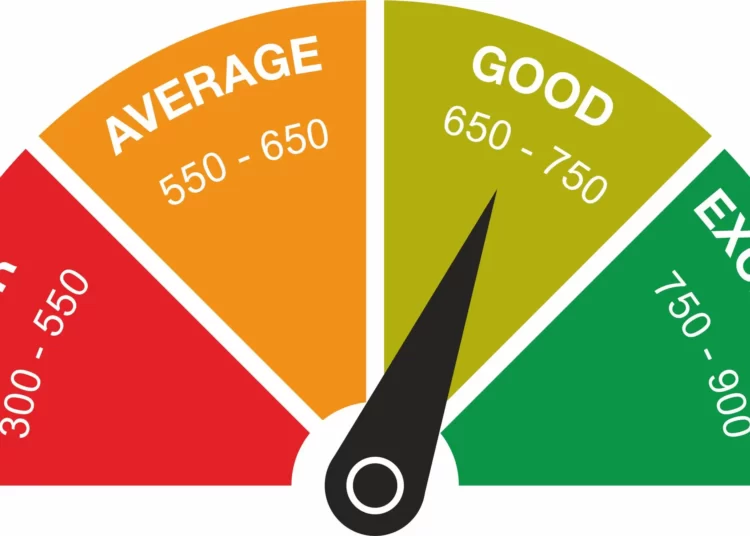The Reserve Bank of India has issued the Credit Information Bureau (India) Limited (CIBIL) to track and maintain the credit actions like credit cards and loans of individuals. CIBIL rolls out a credit score that reflects your credit history. When you apply for a loan, your lender will check your CIBIL score to see if you meet the required criteria. It decides whether your loan will be approved or rejected.
Your credit score is also the reason that helps your lender to check how effective you are with paying your installments or payments. The CIBIL or credit score is usually between 300 and 900, with 300 being the least impressive and 900 being the best.
Why is the CIBIL Score Important?
Maintaining a good credit score gives your lender an idea of how you manage your finances and whether you are a reliable person to offer a loan. A high CIBIL score is important for getting an unsecured loan because, as a borrower, you do not have to keep any collateral with the lender to get this loan.
Six Reasons Why CIBIL is Checked
Your CIBIL plays a vital role in deciding if your loan application gets approved or not. Below are six of the main reasons why a lender will look at your CIBIL score before proceeding with the loan request:
-
Eligibility Requirement
You will be given the loan only if you meet the eligibility criteria set by your loan lender. In most cases, the lender would need the applicant to have a CIBIL of at least 720 or above. People with higher CIBIL will easily qualify for the loan process; others may be required to submit additional proof.
-
For Assessing Credit History
CIBIL is developed based on credit history. If you have managed your credit perfectly, it will be reflected in your CIBIL report. One of the crucial reasons why lenders are interested in checking your CIBIL score is to know how you manage and balance other EMIs and payments. If you are making timely payments without making any defaults, it will positively impact your CIBIL score.
-
For Checking the New Inquiries
When you make multiple inquiries, it can lead to a decrease in scores for a temporary period. Lenders often check how many new inquiries are made to gauge whether you are a credit-hungry individual. If there are more inquiries, lenders consider that individual a red flag or someone always looking to get more credit from the market.
-
To Check if You are a Guarantor
Being a guarantor does not mean you are responsible for paying on that particular loan; the responsibility is always with the primary loan holder. But if the primary loan holder cannot make payments, it falls on the guarantor. Lenders often pull the CIBIL report to see whether you have any debt obligation to assess if you can handle more.
-
For Deciding the Loan Conditions
Your CIBIL scores are very important in deciding the amount you will be sanctioned and the interest rate on it. The higher the CIBIL, the better the amount and interest rate will be. With a poor CIBIL score, the chances of you not getting a favorable deal will be higher.
-
For Giving Any Additional Offers
Many lenders offer pre-approved loans to people with a high CIBIL score. Moreover, suppose you are an existing customer, and the lender already knows your details. In that case, they will qualify you for other additional benefits that they may run, one of which could be instant funding.
Wrapping Up
Managing and taking care of your finances carefully is always advisable, as it can directly impact your CIBIL score. Inculcating healthy repaying habits will result in a better credit score, which can further help you avail yourself of unsecured loans comfortably.
FAQs
- Why do lenders check credit scores?
Lenders use your CIBIL score as a means to determine whether you can repay their loan or not. A better score will show that you have a better repayment capacity.
- What is the biggest reason for low CIBIL?
Untimely or defaulting payments are one of the major reasons for having a poor CIBIL. Therefore, it is important to regularly check your credit report and improve your score to get better loan offers.










